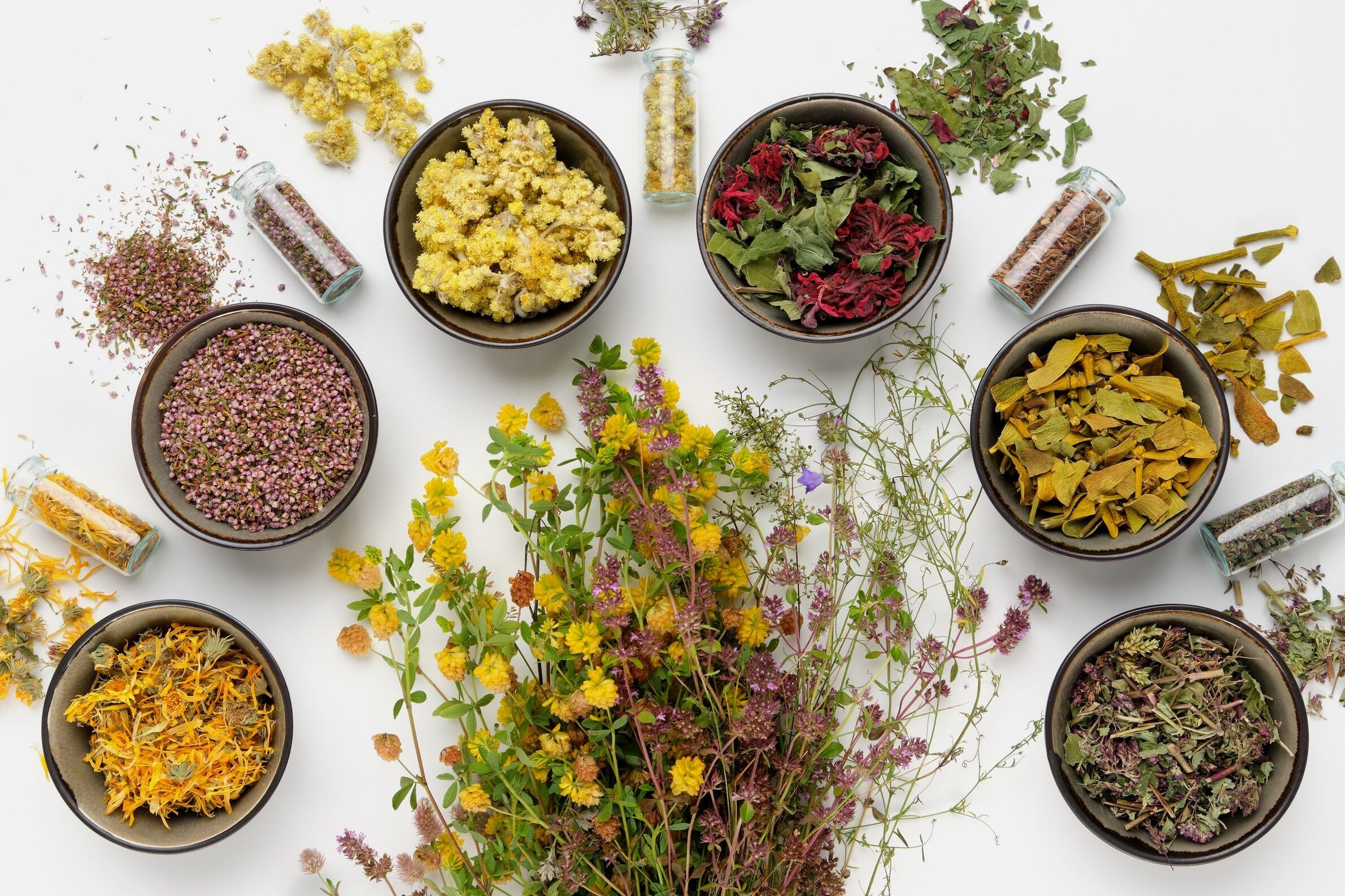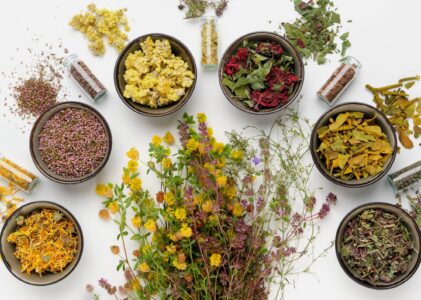Growing your own herbs can be a rewarding and beneficial experience. Not only do herbs add flavor to your meals, but they also offer a variety of health benefits. For instance, herbs such as basil, oregano, and rosemary are rich in antioxidants and anti-inflammatory compounds that can help boost your immune system and reduce the risk of chronic diseases. Additionally, growing your own herbs allows you to have access to fresh, organic produce that is free from harmful chemicals and pesticides.
Choosing the right location for your herb garden is crucial for the success of your plants. Most herbs require at least six hours of sunlight per day, so it’s important to find a spot that receives adequate sunlight. Some herbs, such as mint and parsley, prefer moist soil, while others, such as rosemary and thyme, prefer drier soil. It’s also important to choose a location that is easily accessible for frequent harvesting. Whether you’re planting an indoor or outdoor herb garden, selecting the right location is a key factor in ensuring the health and productivity of your plants.
In addition to choosing the right location, having the essential tools and supplies is also important for successful herb gardening. Basic gardening tools such as a trowel, pruner, and watering can are necessary for planting and maintaining your herbs. Depending on the size and location of your garden, you may also need pots, soil, and compost. Starting your herbs from seed is a cost-effective option, but you may also purchase starter plants from a local nursery. By having the necessary tools and supplies, you can ensure that your herbs are healthy and thriving.
Choosing the Right Herbs for Your Garden
When it comes to growing an herb garden, it is essential to choose the right herbs for your needs. Popular culinary herbs such as basil, cilantro, oregano, and dill are great options to start with. These herbs are easy to grow, and their fresh flavors can enhance any dish. It is important to plant herbs where they can be easily accessed for frequent harvesting, especially if they are intended for culinary use. Additionally, fragrant herbs like lavender, rosemary, and mint can be grown for their aromatic qualities, which can be used for aromatherapy or home decor purposes.
Medicinal herbs are another great addition to an herb garden. These plants can add diversity and healing power to your garden and can be used to make inexpensive home remedies for your family. Some popular medicinal herbs to consider growing include echinacea, chamomile, and calendula. It is important to group plants with similar watering needs together to ensure that they thrive. In general, herbs need about 1 inch of water per week, similar to other vegetable plants.
When starting an herb garden, it is important to plant herbs outside in the spring after the last frost has passed. Herbs need plenty of sunlight, moderate temperatures, and well-draining soil or potting mix to grow properly. It is also important to water the soil and not the leaves of the plant to ensure that the plant takes up enough moisture to thrive. By following these tips and choosing the right herbs for your needs, you can successfully cultivate your own herb garden and enjoy the benefits of fresh herbs at your fingertips.
Tips for Cultivating Your Herbs
The first step in cultivating a successful herb garden is to properly prepare the soil. Herbs thrive in loose, well-drained soil with a slightly acidic pH around 6.5. If you are planting in the ground, it is important to amend the native soil with compost and horticultural sand to improve drainage, especially if you have clay soil. For container gardening, use a soil mix that consists of equal parts compost, sterile topsoil, and builder’s sand, with the addition of an all-purpose organic fertilizer. When planting, make sure to leave a one-inch space at the top to allow for watering, and press the soil firmly in place before watering. Proper soil preparation and fertilization are essential for the healthy growth of your herbs.
Watering and sunlight needs vary among different herbs, so it is important to understand the specific requirements of each plant. Most herbs require at least 4 to 5 hours of sunlight per day, with 7 to 8 hours being ideal. Herbs should be watered deeply, allowing the soil to dry out before the next watering to avoid shallow root growth. Over-watering can lead to root rot, while under-watering can cause the herbs to wilt and die. It is important to monitor the moisture level of the soil regularly to ensure that your herbs are getting the right amount of water and sunlight.
Pruning and harvesting techniques are important for maintaining the health and productivity of your herb garden. Regular harvesting encourages new growth and prevents the plants from becoming too woody, while pruning helps to shape the plants and prevent overcrowding. Herbs should be harvested in the morning when the oils are most concentrated, and it is best to cut no more than one-third of the plant at a time. By incorporating these tips into your herb gardening routine, you can enjoy a bountiful harvest of fresh, flavorful herbs.
Common Issues and Solutions in Herb Gardening
Herb gardening can be a rewarding experience, but it is not without its challenges. One common issue that herb gardeners face is pests and diseases that can damage or kill their plants. Some of the most common pests that affect herb gardens include aphids, spider mites, and whiteflies, while common diseases include powdery mildew and fungal infections. However, there are natural pest control methods that can be used to combat these issues, such as companion planting, introducing beneficial insects, and using organic pesticides. By being proactive in preventing and treating pests and diseases, herb gardeners can ensure the health and longevity of their plants.
In addition to pests and diseases, herb gardeners may encounter other issues such as poor growth, wilting, or discoloration of leaves. These problems can be caused by a variety of factors, including improper watering, poor soil quality, and insufficient sunlight. Troubleshooting common herb gardening problems involves identifying the cause of the issue and taking appropriate measures to correct it. For example, if a plant is not getting enough sunlight, it may need to be moved to a sunnier location or provided with supplemental light. Similarly, if a plant is suffering from nutrient deficiencies, adding organic fertilizers or compost to the soil can help improve its health.
Another important aspect of herb gardening is ensuring that the plants are grown in the proper conditions. Most herbs require a sunny location with well-drained soil that is slightly acidic. It is also important to choose the right herbs for the specific growing conditions, such as the amount of sunlight and soil type. Proper planning, preparation, and planting can help ensure a successful herb garden. Regular maintenance, such as watering and harvesting, is also crucial for the health and growth of the plants. By following these tips and guidelines, herb gardeners can overcome common issues and enjoy a bountiful harvest of fresh herbs.

